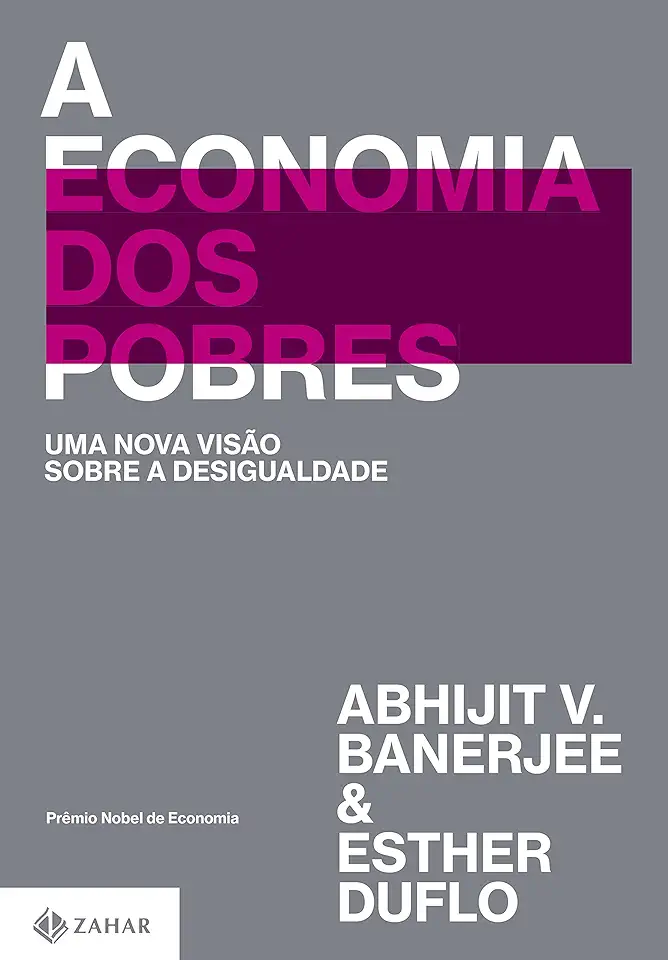
Poor Economics: A Radical Rethinking of the Way to Fight Global Poverty
Poor Economics: A Radical Rethinking of the Way to Fight Global Poverty
Introduction
In "Poor Economics," Abhijit Banerjee and Esther Duflo challenge conventional wisdom about poverty and offer a new approach to fighting it. Drawing on their extensive research in developing countries, they argue that the poor are not lazy or ignorant, but rather face a number of structural barriers that prevent them from escaping poverty.
The Causes of Poverty
Banerjee and Duflo identify several key factors that contribute to poverty, including:
- Lack of access to capital: The poor often lack the capital they need to start a business or invest in education or healthcare.
- Lack of education: Education is essential for breaking the cycle of poverty, but many poor people do not have access to quality education.
- Lack of healthcare: Poor health can prevent people from working and earning an income.
- Discrimination: Discrimination based on race, gender, or other factors can limit opportunities for the poor.
The Failures of Traditional Anti-Poverty Programs
Banerjee and Duflo argue that traditional anti-poverty programs have often been ineffective because they do not address the underlying causes of poverty. For example, microfinance programs that provide small loans to the poor can be helpful, but they do not address the lack of education or healthcare that may be preventing people from escaping poverty.
A New Approach to Fighting Poverty
Banerjee and Duflo propose a new approach to fighting poverty that focuses on addressing the structural barriers that prevent the poor from escaping poverty. This approach includes:
- Investing in education: Education is essential for breaking the cycle of poverty, and governments should invest in providing quality education for all children.
- Improving healthcare: Access to healthcare is essential for people to be able to work and earn an income, and governments should invest in providing affordable healthcare for all.
- Promoting financial inclusion: The poor need access to capital to start businesses and invest in education and healthcare, and governments should promote financial inclusion by making it easier for the poor to open bank accounts and access credit.
- Addressing discrimination: Discrimination based on race, gender, or other factors can limit opportunities for the poor, and governments should take steps to address discrimination.
Conclusion
"Poor Economics" is a groundbreaking book that challenges conventional wisdom about poverty and offers a new approach to fighting it. Banerjee and Duflo's research shows that the poor are not lazy or ignorant, but rather face a number of structural barriers that prevent them from escaping poverty. By addressing these barriers, we can make a real difference in the lives of the poor.
Why You Should Read This Book
"Poor Economics" is a must-read for anyone who wants to understand the causes of poverty and how to fight it. It is a powerful and persuasive book that will change the way you think about poverty.
Here are a few reasons why you should read "Poor Economics":
- It is based on rigorous research. Banerjee and Duflo have spent years conducting research on poverty in developing countries. Their findings are based on hard data, not on anecdotes or assumptions.
- It is written in a clear and accessible style. "Poor Economics" is not a dry academic tome. It is written in a clear and engaging style that makes it easy for anyone to understand.
- It is full of practical insights. Banerjee and Duflo offer a number of practical insights into how to fight poverty. These insights are based on their research, but they are also grounded in their experience working with the poor.
- It is inspiring. "Poor Economics" is an inspiring book that will give you hope for the future. It shows that it is possible to fight poverty and improve the lives of the poor.
If you want to understand the causes of poverty and how to fight it, then you need to read "Poor Economics." It is a powerful and persuasive book that will change the way you think about poverty.
Enjoyed the summary? Discover all the details and take your reading to the next level — [click here to view the book on Amazon!]